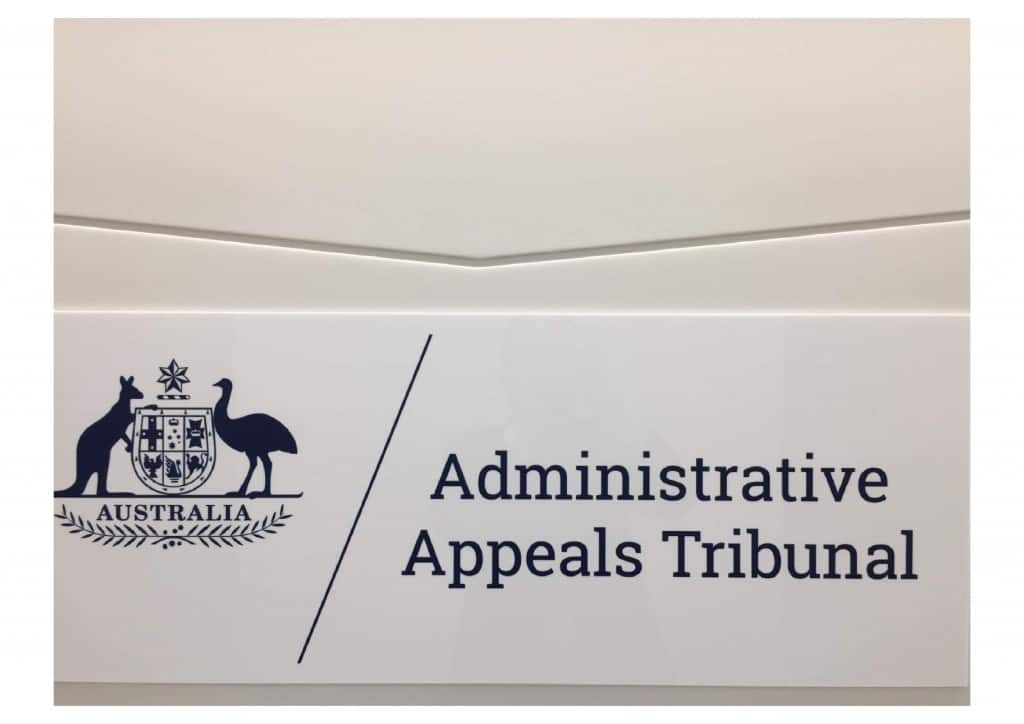
Should you attend AAT hearing?
AAT hearing – if you made a valid application to the AAT or Administrative Appeals Tribunal for a merits review of a visa refusal or visa cancellation decision, the AAT has a statutory obligation to review the Department of Immigration’s (Department of Home Affairs) decision. Click here to learn when and how you can apply for an AAT hearing.
You should consider engaging the services of an immigration lawyer or registered migration agent to help you prepare for AAT hearing (click here to learn how an immigration lawyer or a registered migration agent can help you)
If the AAT is unable to make a paper decision in your favour, it has an obligation to invite you and your representative to appear before it to give evidence and present arguments.
If for some reasons you and/or your immigration lawyer are unable to attend the scheduled hearing, you can request for the hearing to be postponed (click here to learn more).
At the AAT hearing the Member, who is independent of the Department of Immigration, will ask you a series of questions relating to your visa application or visa cancellation. If you are represented at the hearing by an immigration lawyer or registered migration agent, he or she will not be able to answer the Member’s questions on your behalf. However, your immigration lawyer or registered migration agent is able to direct the Member to ask you specific questions that may help your case. Before concluding the hearing, the Member will give your immigration lawyer or registered migration agent an opportunity to make oral submissions.
Providing new evidence at the hearing
After the Tribunal has scheduled a date for your hearing, you may provide new supporting material or evidence you wish the Member to consider. These document or evidence can be new or were not previously provided to the Department of Immigration (Shi v MARA [2008] HCA 31 at [37] per Kirby J). .
In addition, you should be aware that under the Administrative Appeals Tribunal (AAT) Act 1975, the AAT is in the shoes of the original decision maker and applications for a review of the Department’s decision will be based upon the evidence available to the AAT at the time of its hearing, some of which may not have been available to, or before, the original decison-maker at the time of their determination
The Member’s job is to arrive at the correct or preferable decision on the material and evidence before him or her. In some cases, the Member can make a decision on paper without the need for you to attend the AAT hearing. For example, if you did not or could not provide evidence of English proficiency when required by the Department of Immigration, but before or during the AAT hearing you are able to provide an IELTS result of having obtained an overall score of 6.5. In this example, it is obvious that you have the necessary English language proficiency and there is no need for the Member to call you to attend the AAT hearing.
You should be aware that the AAT is not required to refer to every matter in your representations in order to complete its jurisdictional task: Navato v Minister for Home Affairs [2019] FCAFC 135 at [88]; Carrascalao v Minister for Immigration and Border Protection [2017] FCAFC 101; 242 FCR 352 at [45].
Attending AAT hearing is necessary, if invited
Unless you are able to provide the Tribunal with all the necessary and required documentary evidence to support you review application, and the Member is able to make a decision on paper in your favour, you should attend the scheduled AAT hearing.
If you do not attend the scheduled AAT hearing, the Tribunal may affirm the Department of Immigration’s decision to refuse your visa application or to cancel your visa. Usually, the Tribunal will give you a 14 day opportunity to attend a rescheduled AAT hearing.
During the AAT hearing can I ask questions?
During the AAT hearing you are permitted to ask the Member a question, and the Member is required to give you an answer. Section 425(1) of the Migration Act 1958 requires the AAT hearing invitation to be meaningful. What this mean is that the Member must provide you with a real chance to present your case even if the Member misunderstood your question.
However, there is no obligation for the Member to answer the question if you are simply asking whether you are required to provide further information or document. On the other hand, there is an obligation on the Member not to mislead you, for example, by not answering your question, in a way that deny you the opportunity for a real hearing.
You are entitled to expect some sort of answers from the Member to your questions. A failure to answer to your questions may breach section 425(1) of the Migration Act 1958 as you are denied a real chance to present your case: SZUON v MIBP (No 2) [2019] FCA 348 (click here to read the full case).
Tips on AAT Hearing
- Make sure you understand the reason(s) why your visa application was refused, or visa was cancelled
- Provide documentary evidence to support why your visa application should not be refused or why your visa should not be cancelled
- Unless you are advised by the Tribunal that you are not required to attend the AAT hearing, you should attend the scheduled hearing.
In some cases the Tribunal may be able to grant you the visa, click here to learn more.
Australian migration law is complex and difficult to understand, contact our immigration lawyer for a consultation (fee applies) to help prepare for your AAT hearing. You may also refer to our FAQs for answers regarding visa application or visa cancellation by clicking here. Click here to learn when to apply to AAT.


041 222 4020 or WeChat: AUDvisa
This article is not intended to be or taken as migration legal advice. The author of this article disclaims any liability for any action or omission on the information provided or not provided in this article. You should always consult an immigration lawyer or a registered migration agent to form an informed opinion on your immigration matter.



